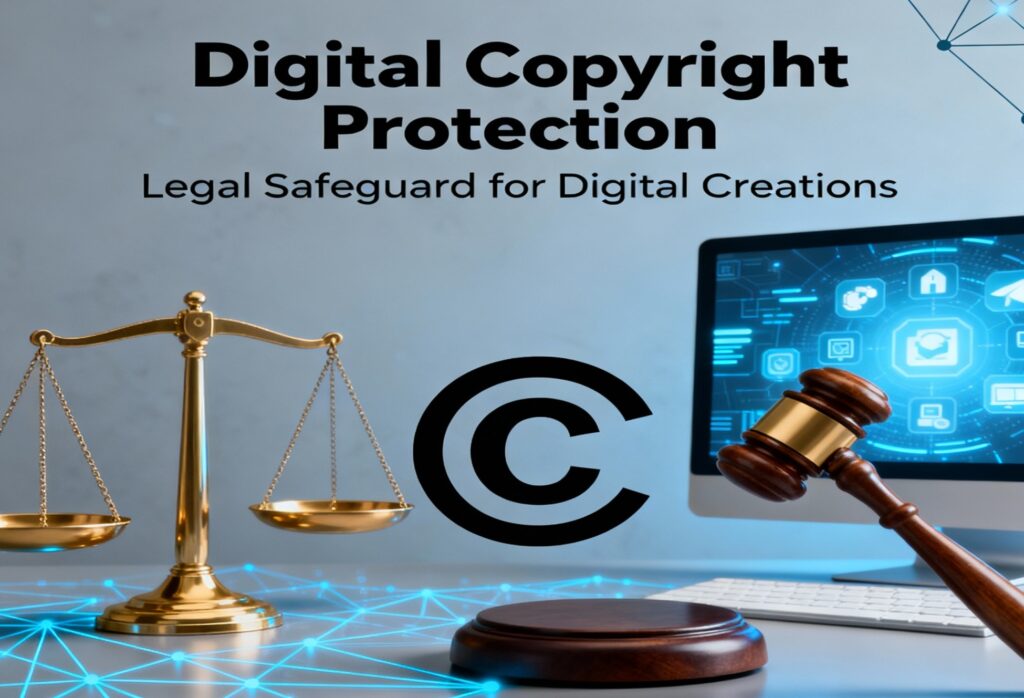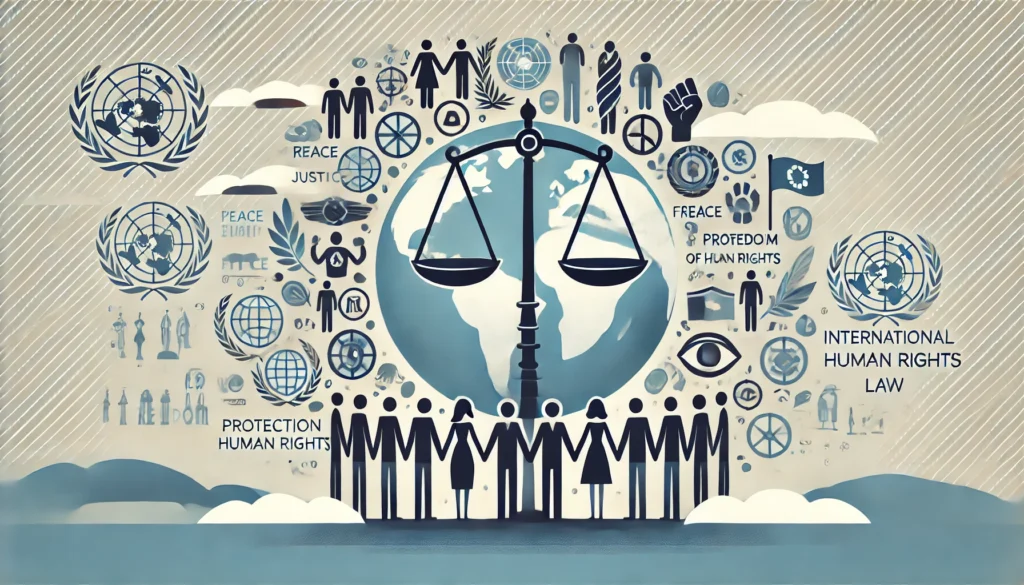Published On: November 24th 2025
Authored By: Sonakshi Kumar
Shankarrao Chavan law College
Introduction about Professional Ethics
Professional ethics in the legal profession refers to the code of conduct, duties, and responsibilities that lawyers are expected to follow in the administration of justice. Lawyers are considered officers of the court, and their primary duty is towards the court, their clients, and society. Strikes, boycotts, or abstentions from court proceedings affect the fundamental right of litigants to speedy justice and are considered unethical conduct.
- Citation of the Case: AIR 2003 SC 739; (2003) 2 SCC 45
- Court: Supreme Court of India
- Bench: Chief Justice, Doraiswamy Raju, S. N. Variava, D. M. Dharmadhikari
- Date of Judgment: 17 December 2002
Relevant Statutes and Key Provisions
- Advocates Act, 1961
- Section 35 [1]: Disciplinary proceedings against advocates for professional misconduct.
- Section 49(1)(c) [2]: Empowerment of Bar Council of India to frame rules on standards of professional conduct and etiquette.
- Constitution of India
- Article 19(1)(a) [3] – Right to freedom of speech and expression.
- Article 19(1)(c) [4] – Right to form associations and unions.
- Article 19(4) & (6) [5] – Reasonable restrictions in public interest.
- Article 21 [6]– Right to life and liberty, interpreted to include the right to speedy trial.
Facts of the Case
Ex-Captain Harish Uppal, a retired army officer, had a case pending in court which faced repeated adjournments due to strikes and boycotts by lawyers. Every time his case was listed, the lawyers’ absence on account of strikes caused delays, prolonging his litigation. Feeling aggrieved, he filed a Public Interest Litigation (PIL) before the Supreme Court. His grievance was not limited to his personal case but extended to the larger systemic issue that lawyers across the country frequently called strikes, crippling the justice delivery mechanism.
The petitioner argued that litigants were the ultimate sufferers of such strikes. They engaged lawyers with trust, invested money, and relied on the courts for speedy justice, but were left stranded whenever lawyers refused to appear. This not only led to financial loss but also violated the litigants’ fundamental right to speedy justice guaranteed under Article 21 of the Constitution. He also highlighted that lakhs of cases across the country remained pending, and strikes by advocates contributed substantially to the ever-increasing backlog.
The matter was considered so important that it was placed before a Constitution Bench of the Supreme Court. On the other side, Bar Associations and groups of advocates defended the practice of strikes. They contended that the right to strike or boycott was part of their democratic right to protest under Articles 19(1)(a) (freedom of speech and expression) and 19(1)(c) (freedom of association). They argued that in situations where the government or judiciary took measures against the independence of the Bar or the rule of law, lawyers should be entitled to register their dissent through strikes. They insisted that collective protest was a necessary tool in a democracy and that a blanket prohibition would deprive advocates of their voice.
Thus, the central conflict was between the lawyers’ claim of democratic rights to collective protest and the litigants’ right to speedy justice and uninterrupted court functioning. The Court was called upon to strike a balance between these competing claims while upholding the sanctity of the judicial system.
Issues Involved
- Do lawyers have a fundamental or legal right to strike or boycott courts?
- Are strikes covered under Articles 19(1)(a) & 19(1)(c) (freedom of speech and association)?
- Do strikes violate litigants’ right to speedy justice under Article 21?
- Can strikes by advocates amount to professional misconduct under the Advocates Act, 1961?
- What remedies and disciplinary measures should courts adopt against striking lawyers?
Arguments Advanced
Petitioner (Ex-Capt. Harish Uppal):
- Lawyers’ strikes result in paralysis of the judicial system, causing immense hardship to litigants.
- They directly infringe upon litigants’ fundamental right to speedy trial under Article 21.
- The profession of law is service-oriented, not a trade union activity.
- Alternative peaceful methods of protest exist (press conferences, media debates, representations to government).
Respondents (Bar Associations, Advocates):
- The right to protest is part of freedom of speech (Article 19(1)(a)) and freedom of association (Article 19(1)(c)).
- When the judiciary or government takes steps contrary to justice (e.g., policies undermining independence of judiciary), lawyers must have the right to protest.
- Without the right to collective protest, lawyers’ voices against injustice would be silenced.
Judgment of the Case
- The Court observed that the legal profession is not a trade or business but a noble service-oriented profession that plays a central role in the administration of justice. Advocates are officers of the court, and their first duty is to ensure the smooth functioning of the justice system. By abstaining from court proceedings, lawyers not only fail in their professional responsibility towards their clients but also obstruct the course of justice.
- The Court held that the right to strike is neither a fundamental right nor a statutory right available to advocates. Referring to earlier precedents such as All India Bank Employees’ Assn. v. National Industrial Tribunal, it reiterated that even industrial workmen do not enjoy an unfettered right to strike; therefore, extending such a right to advocates who are part of the justice delivery system would be wholly inappropriate. The Court underscored that Article 21 of the Constitution, guaranteeing the right to life and personal liberty, includes within it the right to speedy trial and justice. Lawyers’ strikes directly infringe upon this fundamental right of litigants, and therefore cannot be tolerated in law.
- The judgment further clarified that even a token strike or boycott, whether for a day, half-day, or even an hour, is unjustified and illegal. Such actions, the Court noted, send a wrong signal to society and bring the justice system into disrepute. The Court directed that courts must not adjourn cases merely because advocates are on strike; instead, they should proceed with matters, even ex-parte if necessary, to safeguard the rights of litigants. It was also held that advocates who deliberately abstain from appearing in court may be made liable for contempt of court, costs, or disciplinary proceedings.
- However, the Court acknowledged that in rare and exceptional circumstances of national importance, such as when the independence of the judiciary or the very foundation of the Constitution is under threat, lawyers may resort to protest. Even in such cases, protests must be peaceful, symbolic, and non-disruptive of court functioning. This narrow exception was recognized only to preserve the role of lawyers as guardians of democracy, but the Court made it clear that such situations would be extraordinary and rare.
- Finally, the Court held that Bar Councils are under a duty to take disciplinary action under Section 35 of the Advocates Act, 1961 against advocates who participate in strikes or boycotts. The Court reminded the Bar Councils that their duty is not only to regulate the profession but also to ensure that the confidence of the public in the judiciary remains intact.
- Thus, the Supreme Court’s judgment firmly established that lawyers cannot hold justice to ransom by resorting to strikes, and that the rights of litigants to speedy justice far outweigh any collective claims of protest by advocates. This ruling became a milestone in the jurisprudence of professional ethics, and continues to guide courts whenever the issue of lawyers’ strikes resurfaces.
Ratio Decidendi
The Supreme Court in Ex-Capt. Harish Uppal v. Union of India laid down a clear and categorical ratio that advocates do not possess any right to strike or boycott courts. The Court held that the right to strike is neither a fundamental right under the Constitution nor a statutory right under any law for advocates. On the contrary, such collective abstentions from court directly violate the litigants’ fundamental right to speedy trial and fair justice under Article 21. Since advocates are considered officers of the court and their primary duty is to ensure the smooth administration of justice, any strike or boycott amounts to professional misconduct under the Advocates Act, 1961. The Court stressed that in the legal profession, duties take precedence over rights, and an advocate’s obligation to the court and to society far outweighs any claim to collective protest. Furthermore, the Court clarified that it has inherent powers to ensure that justice is not obstructed; hence, courts can proceed with cases even in the absence of lawyers, impose costs, and take action against those who deliberately abstain from court. Thus, the ratio firmly established that strikes by lawyers are impermissible in law, inconsistent with professional ethics, and against the public interest.
Final Decision and Comments
In its final decision, the Supreme Court declared that strikes by lawyers are completely illegal and unjustified, except in the most rare and exceptional circumstances of national crisis, where the very independence of the judiciary or constitutional governance is under grave threat. The Court directed that Bar Councils are duty-bound to take disciplinary action under Section 35 of the Advocates Act against advocates who participate in such strikes or boycotts. It also instructed that courts must not succumb to strike calls and should continue proceedings regardless of lawyers’ absence, even imposing costs where necessary to protect litigants’ rights.
This judgment stands as a landmark in the jurisprudence of professional ethics in India, as it emphasized the primacy of litigants’ rights over the professional interests of advocates. The Court underlined that law is a service-oriented profession, not a trade union activity, and that strikes are antithetical to the duty owed by advocates to their clients and to the justice delivery system. By holding that collective boycotts paralyze the functioning of courts and erode public faith in the judiciary, the Court sought to restore the integrity of the legal profession.
However, despite the clarity of the ruling, the practical reality in India continues to reflect frequent strikes by lawyers across different states, often leading to paralysis of courts and denial of justice to litigants. The challenge lies in enforcement. Critics note that while the judgment is ethically and legally sound, Bar Councils have been reluctant or ineffective in taking strict disciplinary action, often due to collective bar politics and resistance within the profession. Thus, while the judgment sets an authoritative precedent reaffirming the nobility of the legal profession and the supremacy of litigants’ rights, its implementation remains uneven, and the problem of lawyers’ strikes continues to afflict the Indian legal system.
References
[1] The Advocates Act, 1961, Section 35
[2] The Advocates Act, 1961, Section 49(1)(c)
[3] Constitution of India, 1950, Art 19(1)(a)
[4] Constitution of India, 1950, Art 19(1)(c)
[5] Constitution of India, 1950, Art 19(4) and (6)
[6] Constitution of India, 1950, Art 21
[7] All India Bank Employees’ Assn. v. National Industrial Tribunal (AIR 1962 SC 171)




